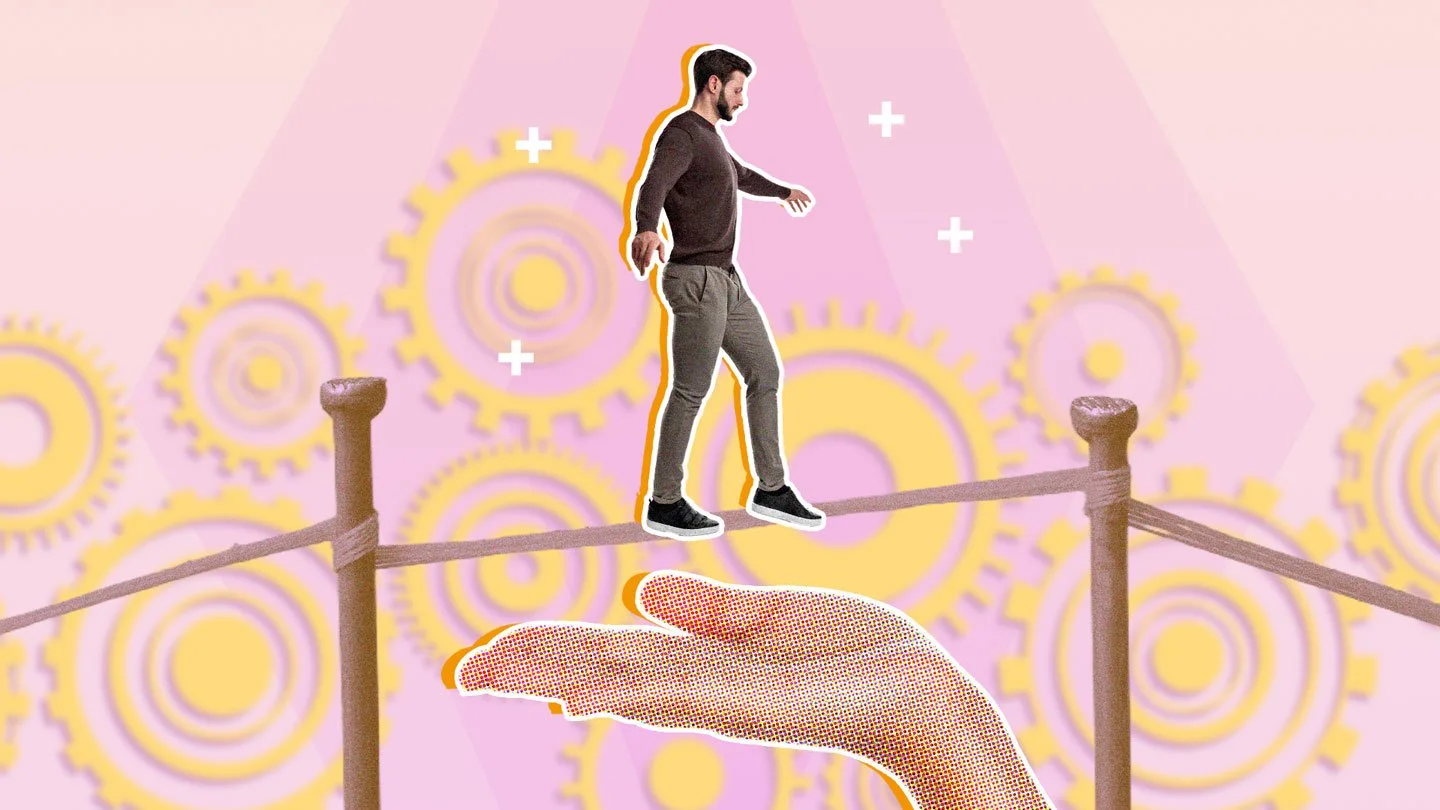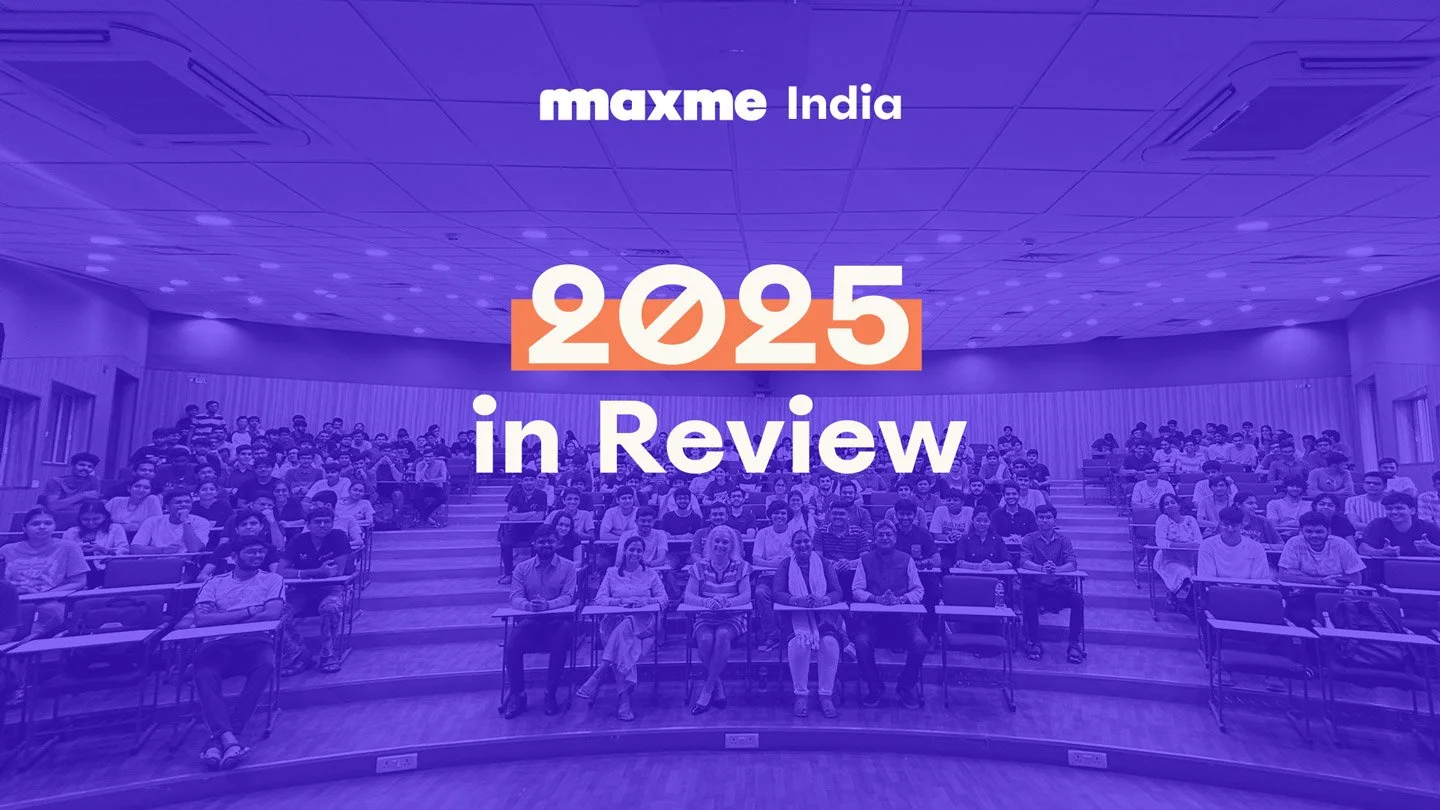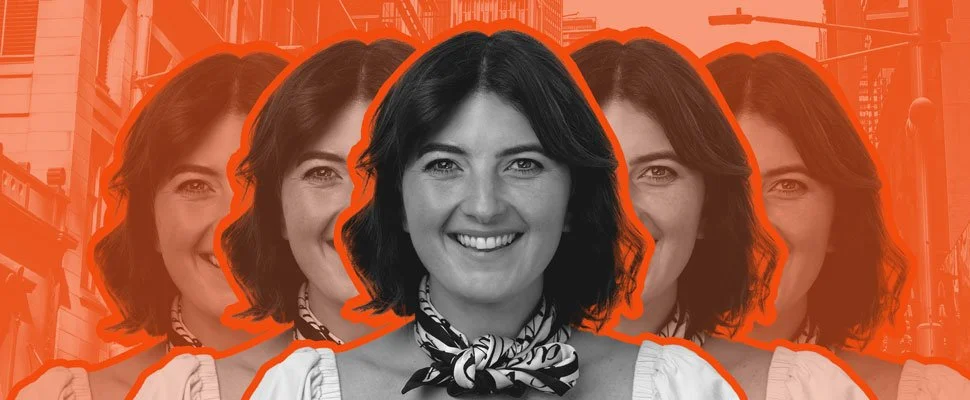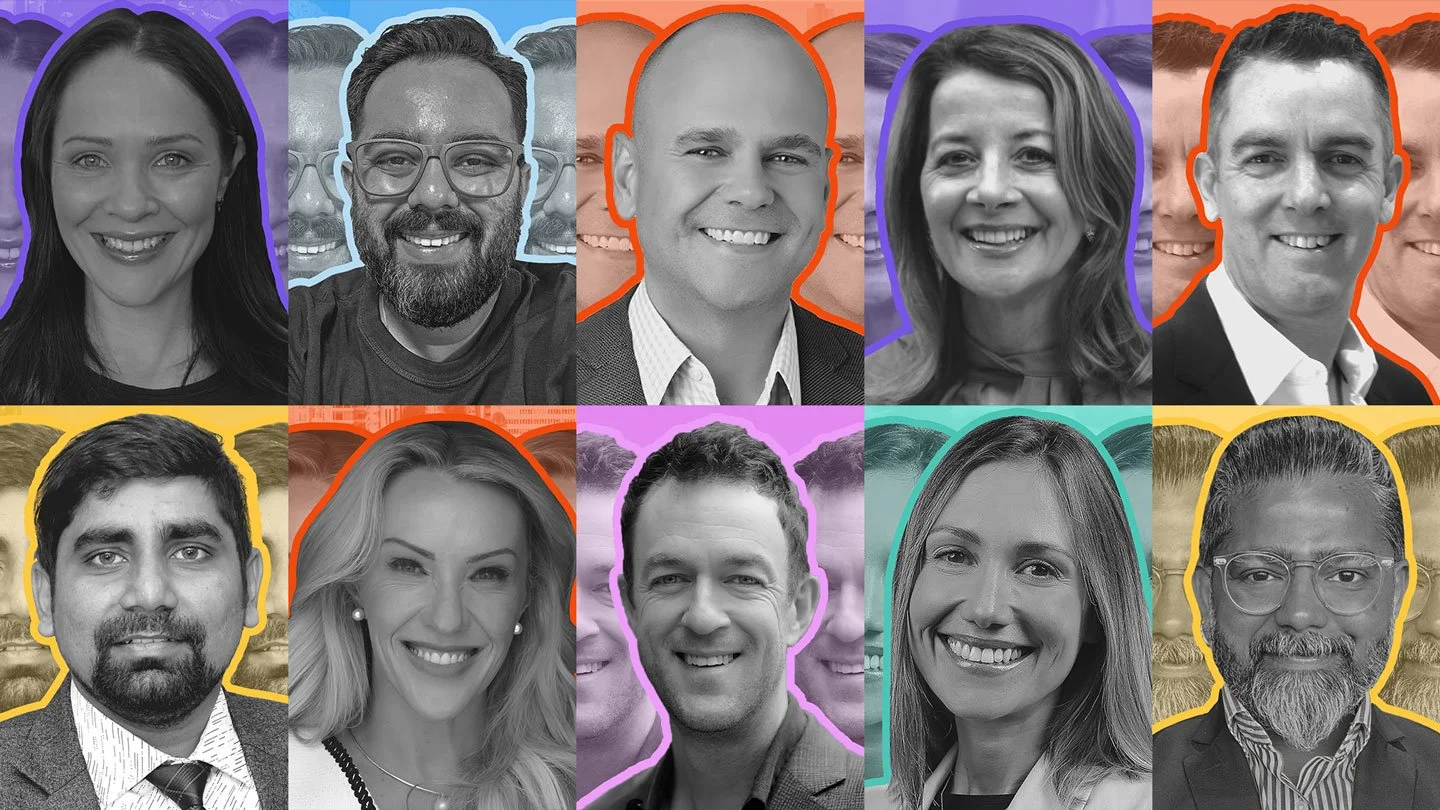Human on the Inside with Tony Frencham
Maxme: We’re big believers in the power of human skills. But don’t just take our word for it - the evidence for excellence powered by human (‘soft’) skills is everywhere! In this engaging, ever-enlightening series, we speak with industry leaders, innovators and game-changers to learn a little about their personal career journeys, and how human-led strategies, philosophies and cultures are proving a force for good in their working worlds …
Welcome Tony, and thanks for stepping into the #SuccessIsHuman Spotlight!
Non-Executive Director - Board Member - Strategic Advisor … what some would affectionately call a ‘slashie’. More specifically, you’re currently Chair and Member of the Advisory Group for the CSIRO Energy business and Chair & Non-Executive Director for Maxme - lucky us!
In 1 sentence (ok, we’ll give you 3), what does your role entail?
Tony Frencham: The roles are quite different, however they both are focused on change and growth. At CSIRO Energy we provide external advice on how to maximise the effectiveness of the business unit in the midst of the rapidly evolving energy transition. The Maxme Board provides strategic and governance support to the management to make the growth decisions that will propel the company and our customers to fully realise their potential.
M: With over 35 years of global experience across manufacturing and services industries, your career is a deep and impressive one. While the roles held across your career are too vast to list here, your tenure with Dow Chemical spanned 28 years, initially joining as a salesperson in 1989, living overseas in five countries from 1997 - 2014, before returning as ANZ CEO, and then SE Asia Regional President by the time you left in early 2017. What an adventure!
You’ve also been a Member of the Champions of Change Coalition, Vice Chair and Non-Executive Director for Chemistry Australia, Board Member for Advance.org, Chair for VECKTA Inc., and spent over 5 years in several Senior Leadership roles with Worley - a global professional service provider across energy, chemicals and resources.
How does all this work speak to your personal purpose and what drives you as an individual?
TF: It’s a career I’m proud of, and it would have been impossible without the wonderful support of my family, and the tremendous colleagues that I was privileged to work with along the way.
My purpose and drivers did change over that journey. Initially a desire to achieve, progress and chase that adventure. Then it evolved to be broader and with a longer horizon; looking at what was best for family, team members, and external stakeholders.
My professional superskill turned out to be change management which in turn took us to many different roles to deliver new projects, new markets, or cultural renewal. At each opportunity the only way to achieve that was with the people I worked with, and through the leadership team. That can ONLY be achieved through human skills - I wish Maxme had been around back then to accelerate my development!
M: Tell us a little about your personal education pathway/s - what led you to where you are now? How closely do your formal qualifications match your current career?
TF: Other than my passions for music and sport, I really liked science and my Degree was in Chemistry which I then focused on in a variety of technical roles. However I was then fortunate to have the opportunity to support a sales team and it didn't take long to turn to the ‘dark-side’ myself. I traded in my white lab coat for a suit and never turned back!
I completed a Diploma in Management to enhance my skills, and then went on to a long career in business. Deciding recently to step away from executive roles, I completed my Company Directors Course to prepare for this next career phase.
Formal education does provide technical skills and is a prerequisite for opening the door for particular roles. However after that, one should build a career based on their passions and superpowers. Occasionally, as I did, top up your professional skills when needed.
M: If you could share one piece of career advice to your 21 year old self it would be ...
TF: Whatever you choose to do, make sure you seek to work for, and with, great people. That will bring success and fun (younger Tony did figure this out, but it took a while).
M: Maximising the potential of individuals, communities and businesses through the power of human skills is the reason Maxme exists. Can you tell us a little about the role and / or value of human skills in your workplace or industry right now?
TF: I’m an avid student of history. Invariably, when humanity is at its most successful, it's when a clear purpose exists and each individual understands their role in it. All players are able to collaborate with others. The great failures, from small to the collapse of civilisations, come when individuals can’t maximise their human skills (or aren’t permitted to).
Today, the accelerating pace of change and our modern lifestyle has made it more difficult to acquire the core human skills necessary to thrive. That can be increasingly so for individuals that have diversity dimensions beyond the majority. Therein lies the huge opportunity that Maxme is addressing in a convenient, democratic, inclusive and uplifting manner.
M: Self awareness sets the critical foundation for all Maxme learning experiences. What’s your strongest trait / personal super power?
TF: Well, I’ll tell you my five superpowers directly from my Hodie assessment (because I’m proud of them): Honesty; Creativity; Hope; Self Regulation; and Bravery. If I had to choose one it would be Honesty, but I can point to so many instances where each superpower has genuinely made the difference to an individual, a team, a project, and even an entire company.
M: And on the flip side, what’s one human / ‘soft’ skill you’ve had to really work on improving over the course of your career?
TF: I have to say it’s Forgiveness (and Hodie agrees). It’s unfortunate that I have manifested my superpowers such that I place a premium on trust and doing the right thing. Whenever that’s broken, my first instinct is negative, however I’m getting better at trying not to judge - to challenge myself that I’m not walking in the shoes of others. A work-in-progress.
In terms of technical and character skills that aren’t your top strengths: include people in your team who are good at them! We can’t all be great at everything, but if a human skill is important to achieve your target objectives, then ensure someone can bring that superpower.
M: If you could share one piece of career advice with recent Uni graduates or candidates keen to work in a field like manufacturing & services what would it be?
TF: Across my career I almost entirely worked in what is generally termed “industrials” - companies that make things to be sold to other businesses rather than direct to consumers. However I also touched most other business sectors and roles over my career.
What I’ve learnt is not to choose a role, a company, or a sector because it seems attractive or high profile. Rather, choose whatever it is that sings to you, and what you want to achieve in life (and which will very likely align with your superpowers). Then you can bring your best self to your career.
M: You’ve been granted approval to add one Uni graduate to your business, but have 100 applicants, all with outstanding academic results. How do you find your perfect candidate - what are you looking for?
TF: Problem-identification skills. Probably 80+% of those graduates will be excellent at solving problems, but only once someone has done the hardest part of identifying what the actual problem is. My questions would be focused on how the candidates think and collaborate - their human skills and not their technical ones.
M: What’s next on your #learning agenda?
TF: I have a mantra of “learning by doing” (which is not mine) and is an ongoing agenda. It means that once we know what it is we don’t know, then we get out there and talk to whomever we need to in order to learn, test and validate.
Don’t think you know the answers or attempt to solve from the desktop. Get out there and find the truth. I’m doing that now in my board, advisory, mentoring, and personal roles, and I’m learning a lot along the way (and having fun).









